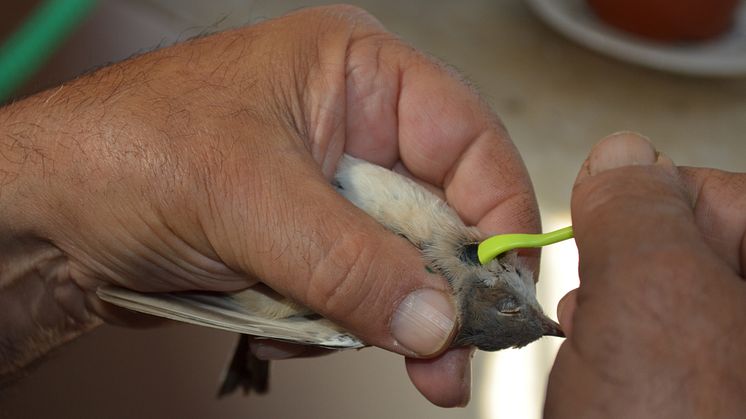Bravery cells found in the hippocampus
Why do some people comfortably walk between skyscrapers on a high-wire or raft the Niagara Falls in a wooden barrel whereas others freeze on the mere thought of climbing off escalators in a shopping mall? In a new study, scientists have found that a certain type of cells in the hippocampus play a key role.
